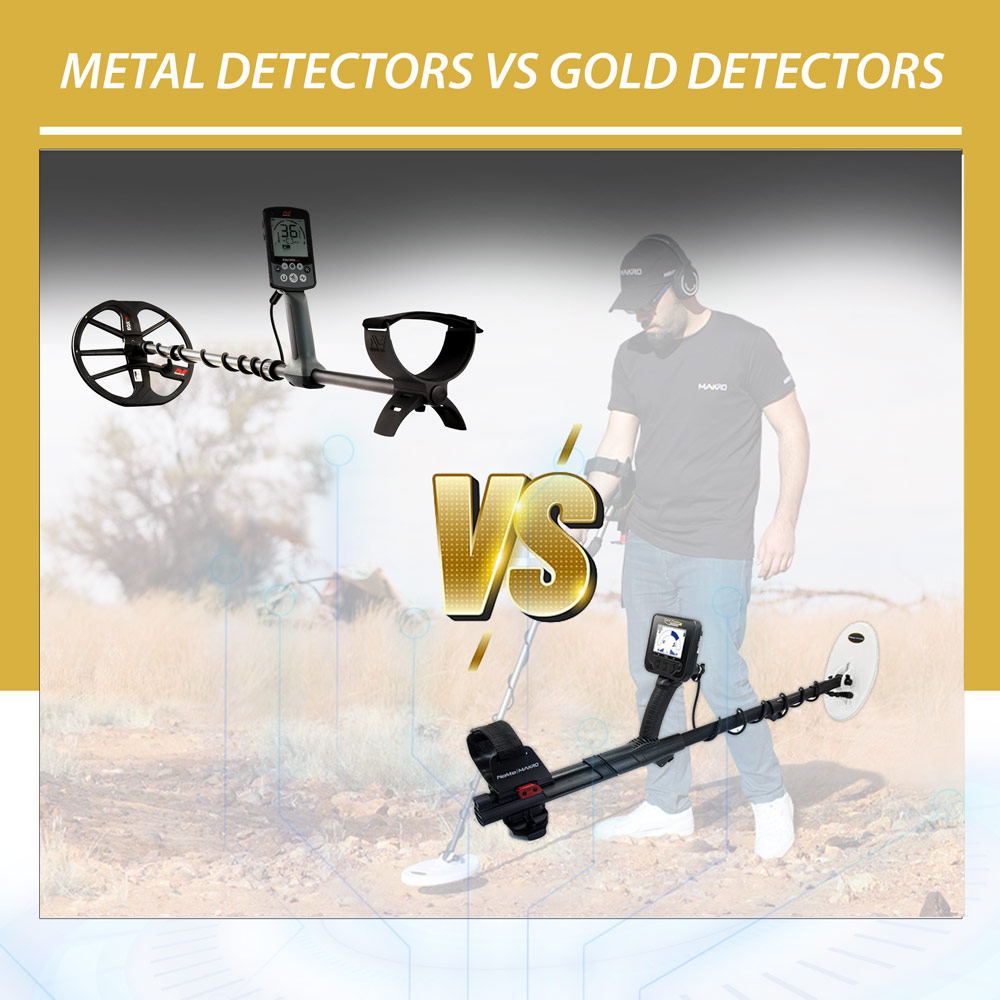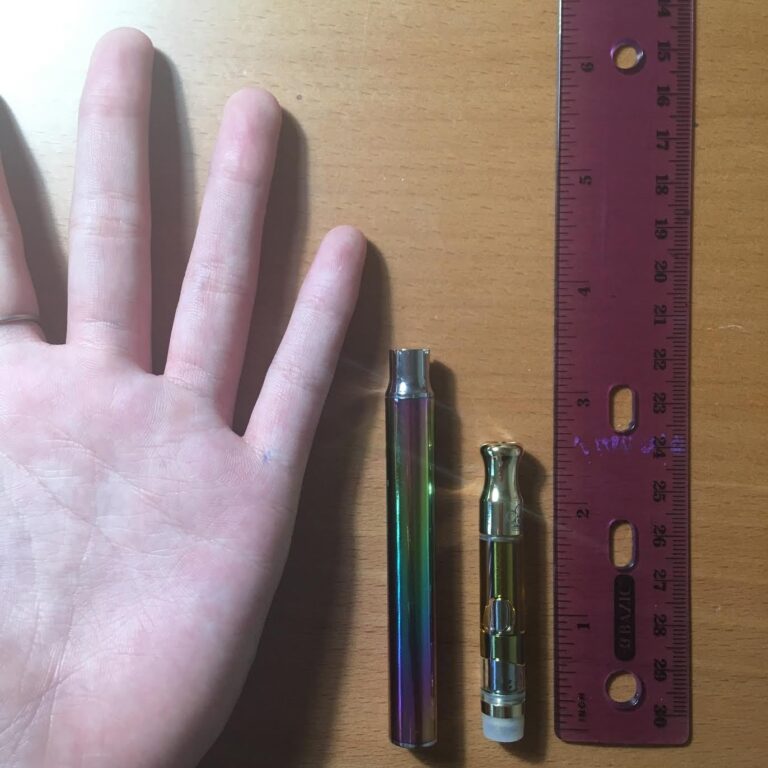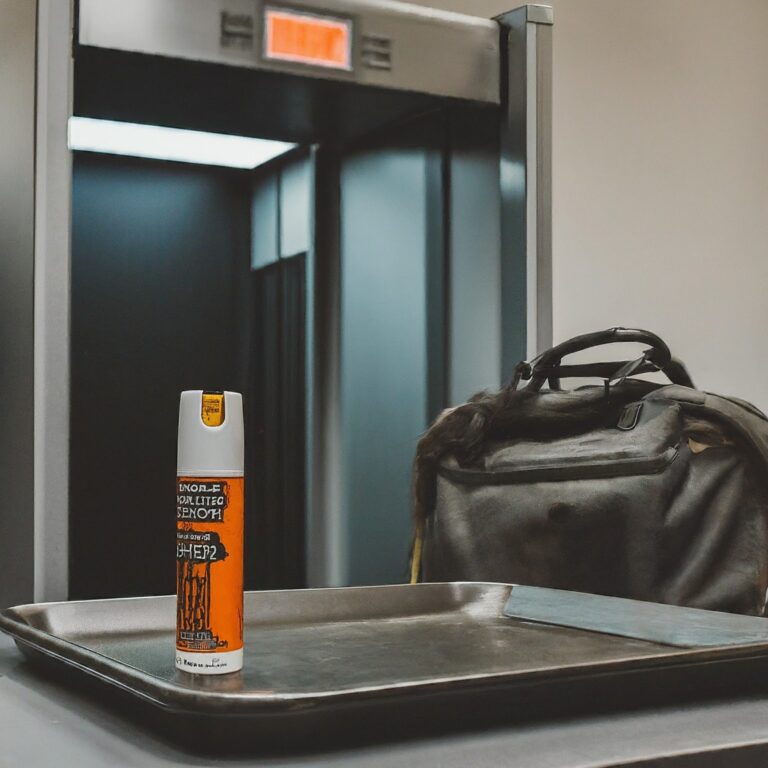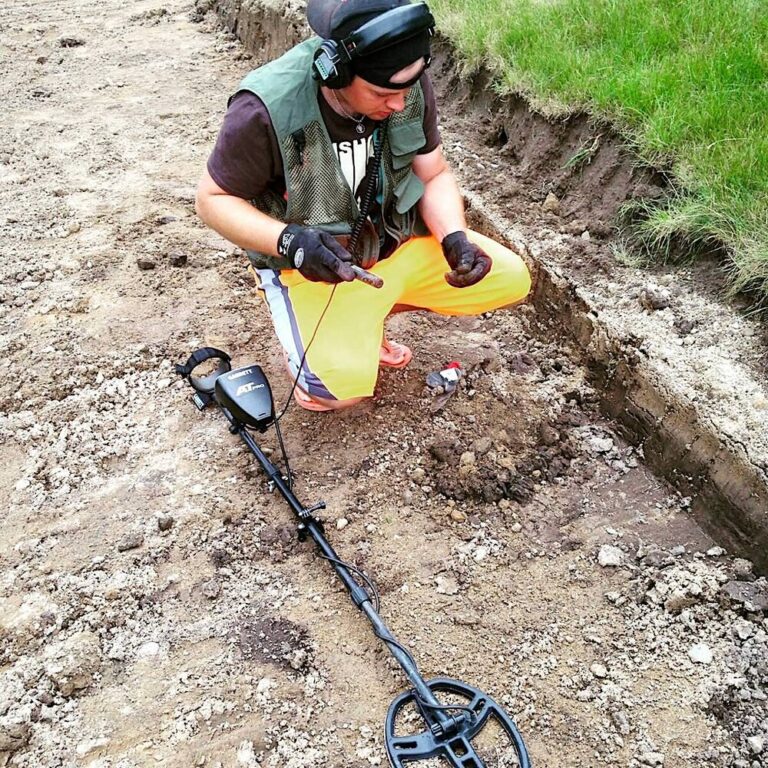What is the difference between a Gold Detector And a Metal Detector
A metal detector is specifically designed to find small pieces of gold, even if buried deep underground. Gold detectors typically have a higher frequency than other metal detectors, which helps them to locate small pieces of gold. On the other hand, metal detectors are designed to detect all types of metals, regardless of size.
Many metal detectors can be adjusted to ignore certain metals, such as iron or aluminum, but they will still pick up gold if it is nearby.
When finding hidden treasures, you need the right tool for the job. If you’re looking for gold, you’ll need a gold detector. But a metal detector will do the trick if you’re looking for any old metal object.
Answer the question; What is the difference between a Gold Detector And a Metal Detector? It is not easy, in short. Let’s go deep to know more.
Here’s a closer look at the difference between these two types of detectors: As the name implies, a gold detector is specifically designed to find gold. It does this by using a special sensor that can detect very small traces of gold in the ground.
Gold detectors are often used in areas where there are known or suspected to be gold deposits. On the other hand, a metal detector is designed to find any metal object. This makes them ideal for use in places like beaches, parks, and even your backyard.
Metal detectors usually have a larger search coil than gold detectors, making them better suited for larger areas.
Is a Metal Detector And Gold Detector the Same?
Are metal detectors and gold detectors the same? This is a common question that we get here at MetalDetector.com. The answer is both yes and no.
Let us explain… First, let’s start with the basics. Metal detectors detect metallic objects.
They do this by emitting an electromagnetic field and then measuring the response that comes back when that field encounters something metallic. Gold, as you probably know, is a metal. So, all metal detectors can be considered gold detectors because they will all detect gold.
However, most people interested in finding gold are not just looking for any old piece of metal – they are specifically looking for tiny pieces of gold dust or nuggets that might be hiding in the ground. For this reason, many prospectors prefer to use what’s called a “gold detector” rather than a standard metal detector. Gold detectors are designed specifically to find small pieces of gold – even if they are buried deep in the ground.
They usually have a higher frequency than standard metal detectors, which makes them better at detecting smaller pieces of gold but worse at detecting larger pieces of metals such as coins or jewelry. Gold detectors also often come with special features such as “ground balance,” which help to cancel out false signals from things like rocks or minerals in the soil, which can interfere with detection (standard metal detectors usually don’t have these features).
Will a Regular Metal Detector Pick Up Gold?
You may be out of luck if you’re hoping to strike it rich by finding gold with a metal detector. Metal detectors are designed to find larger pieces of metal, and gold is generally too small to trigger the device. However, some specialized metal detectors can be used to find smaller pieces of gold.
How Far Can a Metal Detector Detect Gold?
A metal detector can detect gold, but it depends on the size of the gold nugget and how deep it is buried. Metal detectors can typically sense metal up to about two feet deep. However, larger metal objects or those buried deeper may be detected at greater depths.
Do Cheap Metal Detectors Work for Gold?
Cheap metal detectors might work for gold if you’re lucky, but they’re not going to be as reliable or accurate as more expensive models. Gold is a very small target and is often found in difficult-to-reach places, so you’ll need a metal detector that can accurately locate it. Otherwise, you’ll probably waste your time.
Best Metal Detectors for Gold
How to Detect Gold without a Metal Detector
Gold is one of the most popular metals in the world. It’s also one of the most expensive, making it a prime target for thieves and scammers. Fortunately, there are ways to detect gold without a metal detector.
One of the simplest ways to check for gold is with a basic magnet. Most magnets will stick to gold, but not all gold is magnetic. If you need to check whether your piece is real gold, try holding it to a strong magnet.
If it sticks, it’s likely fake. Another way to test for gold is by using a simple acid test kit. These kits are available at most hardware stores and have everything you need to perform the test.
Place a small acid drop on your sample and compare the color change to the chart. If it changes to the correct color, congrats- you’ve got yourself some real gold! If you don’t have access to a magnet or acid test kit, there are still other ways you can check for gold.
One method is known as “the pinch test.” Take your sample and pinch it between your fingers. Real gold will be very soft and malleable, so it must be genuine if your sample feels hard or brittle.
Another way to tell if something is made of real gold is by its weight. Gold is significantly heavier than most other metals, so pick it up if you need clarification on whether something is pure gold! Genuine gold will feel noticeably heavier than other materials.
There are a few ways that somebody could check to see if they have found gold without having access to a machine that specializes in doing just that. The first suggestion would be to use a magnet since most (but not all) types of gold are magnetic, whereas the fake ones typically are not going to be attracted to the magnet. Another option would be an acid test, which can usually be performed with a kit purchased from any hardware store; this involves putting a small amount of acid on a sample and then comparing the color change against a chart that comes with the kit.
Does Metal Detector detect Gold at Airports?
You may have heard that gold is a good conductor of electricity, but did you know that metal detectors can also detect it? That’s right – if you’re carrying any gold on your person when you go through airport security, there’s a good chance the metal detector will pick it up. Of course, this doesn’t mean you’ll always be stopped and searched if you’re carrying gold.
Most of the time, airport security staff look for more serious threats like knives or guns. However, it’s always best to err on caution and declare any valuables you carry before going through the metal detector. So why does gold set off metal detectors?
It all has to do with the way that gold interacts with electromagnetic fields. Metal detectors work by sending out an electromagnetic field and then detecting any distortions in that field.
Do Metal Detectors Detect Gold
If you’re wondering whether metal detectors can detect gold, the answer is yes! Metal detectors are specifically designed to detect all metals, including gold. However, remember that gold is a relatively soft metal so it won’t be as detectable as iron or steel.
Additionally, because gold is often found in jewelry or other small items, you’ll need a metal detector with good sensitivity to pick it up. If you’re serious about finding gold, consider investing in a specialty metal detector specifically for detecting precious metals.
How to Make Metal Detector to Find Gold
Are you looking for a new hobby to keep you outdoors and help you find hidden treasures? Metal detecting may be the perfect activity for you! Metal detectors can find coins, jewelry, and even lost artifacts.
But to maximize your chances of finding these hidden treasures, you must know how to use your metal detector properly. This blog post will give you tips on making a metal detector and how to use it to find gold. First, let’s talk about how to make a metal detector.
You’ll need basic supplies like wire, magnets, and an oscillator. Once you have these materials, follow these instructions:
- Wrap the wire around the magnet several times. This will create a coil that will act as your sensor.
- Connect the ends of the wire to the oscillator. The oscillator will create a magnetic field that will interact with metals nearby.
- Test your metal detector by holding it near different objects made out of metal. You should see the oscillator react near metals like iron or steel.
- Now that you know how to make a metal detector let’s talk about how to use it to find gold specifically.
Here are some tips:
- Look for areas with previous mining activity. Old mineshafts or tailing piles from dredges are good places to start your search.
- Use a smaller coil if you’re searching in an area with lots of trash. A larger coil will pick up everything, including small pieces of junk.
- Swing your metal detector back and forth slowly, overlapping each swing by about half. This systematic approach will help ensure that you get everything important.
- Listen to high-pitched sounds when your metal detector is near gold nuggets or flakes. Larger Pieces of gold will usually produce a lower-pitched tone, so keep that in mind when you’re searching. With these tips in mind, go out and start exploring!
Professional Gold Detector
As a treasure hunter, you know that many different types of detectors are on the market. But how do you choose the best one for your needs? If you’re looking for a professional-grade gold detector, you’ll want to read this article.
We’ll discuss the features that are important in a gold detector, as well as some of the top models on the market. By the end of this article, you should have a good idea of what to look for in a professional gold detector. When it comes to detecting gold, one of the most important things is sensitivity.
The more sensitive your detector is the better your chance of finding small pieces of gold. However, sensitivity also comes with some drawbacks. More sensitive detectors can also be more prone to false alarms from other metals in the ground.
Another important factor is depth range. You want a detector that can reach deep into the ground where gold is often found. Some detectors only have shallow depth ranges, which means they might miss larger pieces of gold that are deeper down.
There are several other factors to consider when choosing a professional-grade gold detector, such as discrimination abilities and weight, but these are some of the most important ones. Now let’s take a look at some specific models.
Do Metal Detectors Detect Gold and Silver
Gold and silver are the most commonly detected metals with a metal detector. But how do these detectors work? And what are they detecting?
Metal detectors work by sending out electromagnetic waves. These waves interact with metals, creating a signal that is then picked up by the detector. The type of metal will affect the strength of the signal, with more conductive metals like gold and silver creating a stronger signal than less conductive metals like iron or lead.
So, does this mean that all metal detectors can detect gold and silver? Not necessarily. Some lower-end models may need to be more sensitive to pick up on these weaker signals.
But in general, most metal detectors on the market today should have no trouble detecting gold and silver.
Best Gold Metal Detector for Beginners
Are you looking for a metal detector but need help knowing where to start? If you’re a beginner, the best gold metal detector for beginners is the Garrett AT Gold. This metal detector is perfect for those just starting, as it’s easy to use and comes with everything you need to get started.
Plus, it’s very affordable. The Garrett AT Gold Metal Detector is one of the best on the market and has some great features that make it perfect for beginners. First, it has an automatic ground balance that eliminates false signals from minerals in the ground.
Second, it has a discrimination control that allows you to weed out unwanted metals like iron and aluminum. Finally, it also includes a pinpoint mode that helps you quickly and easily zero in on your target. If you’re looking for an affordable and easy-to-use gold metal detector, the Garrett AT Gold is a perfect choice!
Metal Detector for Gold and Silver
If you’re looking for a metal detector to help you find gold and silver, you’ve come to the right place. This blog post will provide detailed information about the best metal detectors for gold and silver, so you can decide which one is right for you. First, let’s take a look at some of the features that are important to consider when choosing a metal detector for gold and silver.
The following features will help you narrow down your choices and find the perfect metal detector for your needs: – Sensitivity: You’ll want to choose a metal detector with good sensitivity. This way, it can pick up on small pieces of gold and silver.
Discrimination:
Discrimination is important because it helps eliminate false positives. For example, if your metal detector is set to discriminate against iron, it won’t go off every time you dig in the dirt (which would be very annoying).
Ground Balance:
Ground balance helps reduce interference from minerals in the ground. This feature is especially important if you live in an area with high mineral content in the soil. Now that we’ve gone over some of the features to look for in a metal detector for gold and silver let’s take a look at some of the best models on the market.
Conclusion
There are a few key differences between gold detectors and metal detectors. Gold detectors are specifically designed to find small particles of gold in the ground, whereas metal detectors can be set to ignore smaller pieces of metal. Gold detectors also typically have a higher frequency than metal detectors, which helps them to locate gold nuggets hidden underground more accurately.
Finally, gold detectors are more expensive than metal detectors since they require specialized technology and components.








2 Comments